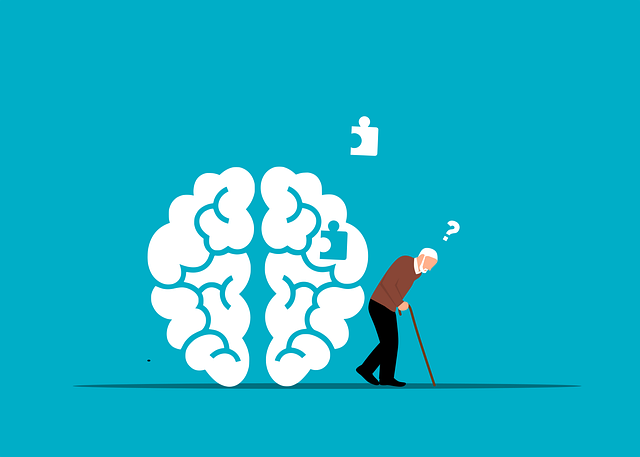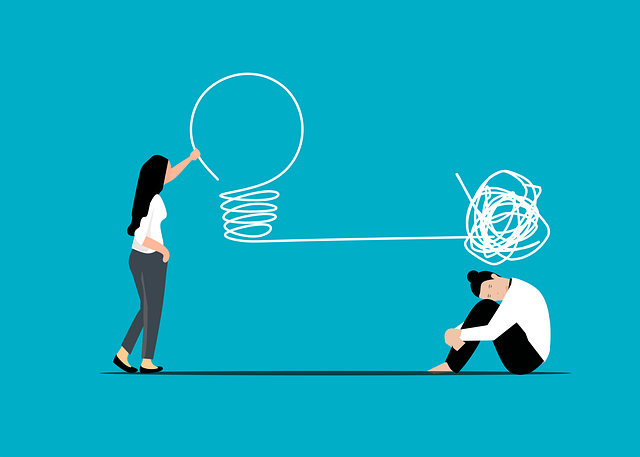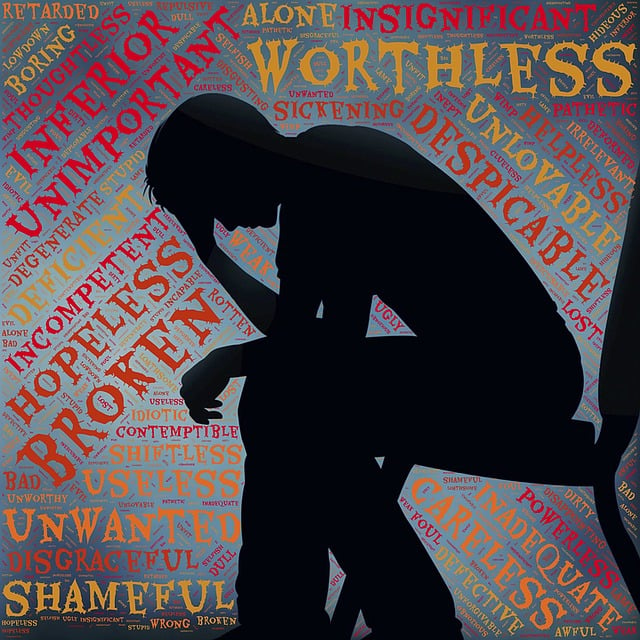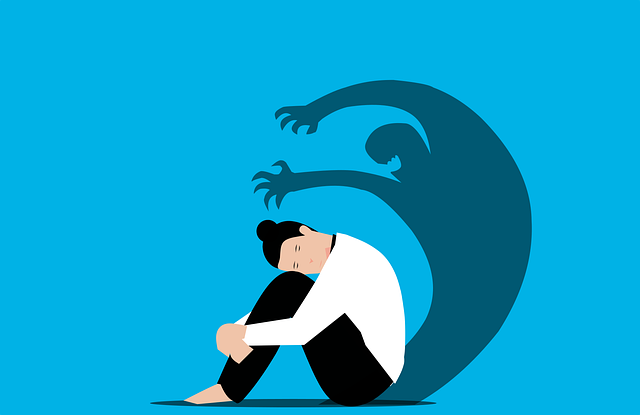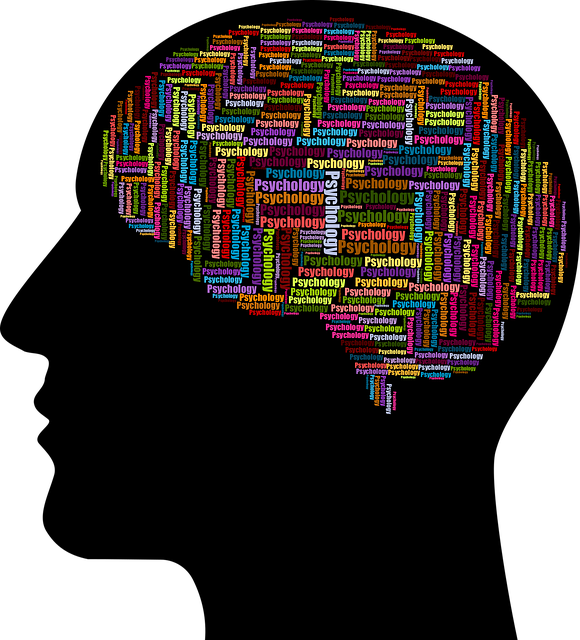The text highlights the significant barrier of mental health stigma facing older adults, preventing them from accessing care. Societal perceptions and age stereotypes lead to shame, hindering help-seeking. Public awareness campaigns and community outreach are vital to educate about elder mental illness, challenging stereotypes and empowering individuals to recognize and address their struggles. Tailored therapy sessions and evaluations play a powerful role in dispelling misconceptions and improving senior well-being. Effective communication, crisis intervention, and community support strategies collectively break down stigma barriers, enabling elders to access mental health care.
Mental illness stigma continues to impede access to quality care, particularly among elders. This article explores targeted strategies to reduce this pervasive barrier. We delve into understanding the far-reaching impact of stigma on elderly mental health care, highlighting its effect on diagnosis and treatment-seeking behaviors. Key aspects include the role of therapy in normalizing conversations about mental health, fostering community support for evaluations, and implementing effective communication strategies to promote awareness. By addressing these areas, we can enhance support systems and improve outcomes for elders facing mental illness.
- Understanding Stigma and Its Impact on Mental Health Care for Elders
- The Role of Therapy in Breaking Down Stigma Barriers
- Enhancing Community Support for Elderly Mental Health Evaluations
- Effective Communication Strategies to Promote Mental Illness Awareness
Understanding Stigma and Its Impact on Mental Health Care for Elders

Stigma surrounding mental health issues often presents a significant barrier to care for older adults. This age group faces unique challenges when it comes to accessing appropriate therapy and mental health evaluations due to societal perceptions and age-related stereotypes. Many elders internalize the stigma, leading to feelings of shame and embarrassment, which can prevent them from seeking help. As a result, they may suffer in silence, exacerbating their symptoms and hindering their overall well-being.
Reducing stigma is crucial for promoting mental health among seniors. Public awareness campaigns and community outreach program implementations focused on educating the public about the realities of mental illness in older adults can foster understanding and empathy. Encouraging open conversations and providing resources for self-awareness exercises can empower individuals to recognize their own struggles and seek support. By challenging age-old stereotypes, these initiatives can pave the way for more inclusive and effective therapy approaches tailored to the unique needs of elders.
The Role of Therapy in Breaking Down Stigma Barriers

Therapy plays a pivotal role in breaking down stigma barriers surrounding mental illness, especially among older adults. Through specialized therapy sessions for elders, tailored mental health evaluations can help dispel misconceptions and foster understanding. By engaging in therapy, individuals gain access to valuable tools such as inner strength development, which equips them to confront and overcome societal stereotypes. Moreover, therapists often incorporate positive thinking exercises and communication strategies that empower clients to share their experiences openly without fear of judgment. These therapeutic interventions not only improve mental well-being but also contribute significantly to reducing the stigma associated with seeking help for mental health issues.
Enhancing Community Support for Elderly Mental Health Evaluations

The elderly population faces unique challenges when it comes to mental health, often due to age-related factors and a lifetime of experiences. Enhancing community support for their mental health evaluations is a crucial step in reducing stigma. By prioritizing therapy for elders’ mental health assessments, we can create a more inclusive environment where they feel comfortable seeking help. This involves increasing awareness among healthcare professionals and the general public about the specific mental health concerns prevalent in older adults, such as depression and cognitive decline.
Community-based initiatives focused on coping skills development and mental wellness programs tailored for seniors can significantly improve their overall well-being. Moreover, risk management planning for mental health professionals working with elders should be a priority, ensuring they have the necessary tools to provide effective care while mitigating potential risks. These strategies collectively contribute to breaking down barriers and fostering an environment where elderly individuals can access and benefit from therapy without stigma.
Effective Communication Strategies to Promote Mental Illness Awareness

Effective communication plays a pivotal role in reducing stigma surrounding mental illness, especially among vulnerable populations like elders. It involves using clear, empathetic language to foster understanding and dispel misconceptions. Mental health professionals can facilitate this by conducting comprehensive mental health evaluations tailored to older adults’ unique needs. These assessments help identify specific challenges, enabling the development of personalized treatment plans that may include therapy for elders focusing on issues such as depression, anxiety, or cognitive decline.
By integrating emotional healing processes and emotional well-being promotion techniques into conversations, care providers can offer valuable crisis intervention guidance. This approach not only addresses immediate concerns but also educates individuals about mental health in general, contributing to a more supportive and inclusive environment. Through open dialogue, elders can feel empowered to seek help early, thereby reducing the impact of stigma and improving overall psychological resilience.
Mental illness stigma remains a significant barrier to adequate care for elders, impacting their willingness to seek help. However, through comprehensive approaches that include therapy tailored for elders, enhanced community support for mental health evaluations, and effective communication strategies promoting awareness, we can foster an environment of understanding and compassion. By breaking down stigma barriers, we enable better access to care, ultimately improving the mental health outcomes for our elderly population. Therapy for elders’ mental health evaluations plays a crucial role in this transformation, ensuring folks receive the support they need without the hindering effects of stigma.
